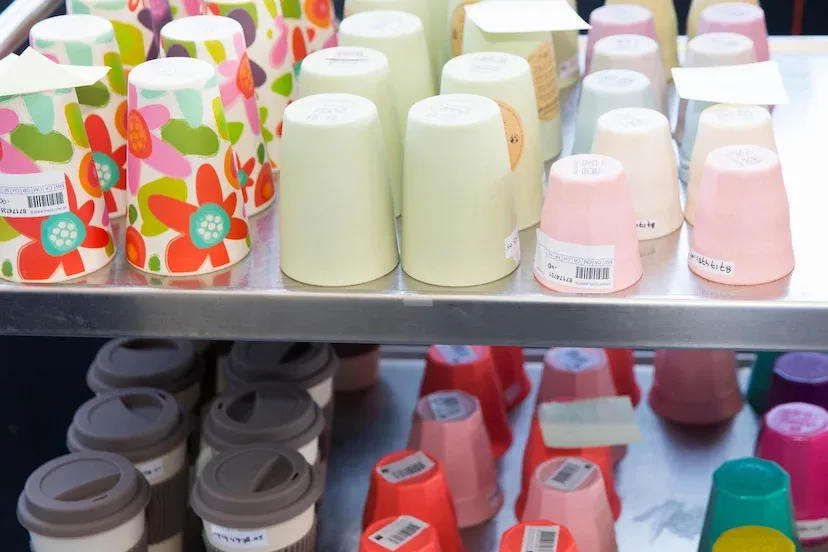Coffee: we love it in the Netherlands. But our daily cup of coffee does have consequences. Every year we throw away 3 to 5 billion coffee cups. And most of them are burned. Consultancy and research firm PHI Factory was looking for a circular solution. It concluded the Coffee Cup Pact with 67 parties and found the holy (coffee) grail.

Cups circular procurement
The idea to do something against disposable cups arose 4 years ago. "We learned that the State burns 85 million coffee cups every year and we thought 'This can't go on like this'. Speaking is Michael van der Meer of PHI Factory. "At the same time, we saw a growing interest among organizations to purchase cups circularly."
Coffee Cup Pact: the whole chain circular
.Circular procurement of coffee cups is not easy. You need the whole chain to do it. From cup manufacturers and suppliers, to buyers and waste processors. PHI Factory, together with Facility Management Netherlands, took the lead. It made an appeal within its own network to unite all those parties in a Coffee Cup Pact. Van der Meer: "By now, 67 organizations are making efforts to find the most circular solution."
Low-threshold Moonshot Project
Collaborating with 67 parties requires an independent director. The Coffee Cup Pact consortium approached The Acceleration House to fund this direction through a Moonshot project. The Acceleration House stimulates circular entrepreneurship. In the Moonshot projects, parties try to make their chain circular with chain direction. "The scheme is low-threshold," says Van der Meer. "We used their support and knowledge to research the most sustainable, circular solutions. We also organized meetings in which partners shared knowledge. In this way, coordination within the chain took place."
Examination of environmental impact
.PHI Factory investigated the production, use and processing of different types of reusable coffee cups. It yielded an extraordinary result. "Lightweight cups made of polypropylene have the lowest environmental impact in production," says Dr. Hirsch. But if we also look at longevity, the materials are closer together. Then it is especially important how the cups are cleaned. Van der Meer: "Reusable cups are ultimately cheaper and more sustainable than disposable cups. After all, you need fewer of them. After just one year, you've recouped the cost."
Ban on disposable cups
The survey results are important for all purchasers. After all, as of January 2024, disposable cups will be banned. "Although this ban is not currently enforced, more and more organizations are opting for reusable. Thanks to the Moonshot project, we showed the benefits for the environment and the wallet. In doing so, we contributed to a circular movement in the chain."
To know more,
More information about circular supply chain support? Check out: Versnellingshuis Nederland Circulair! - Circular Chains.